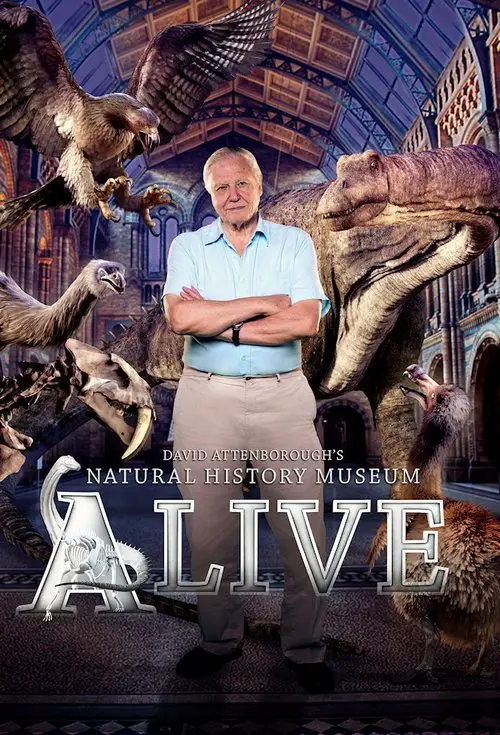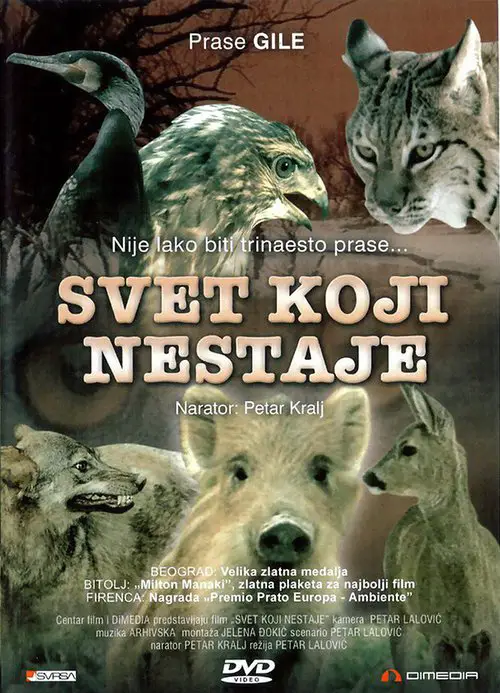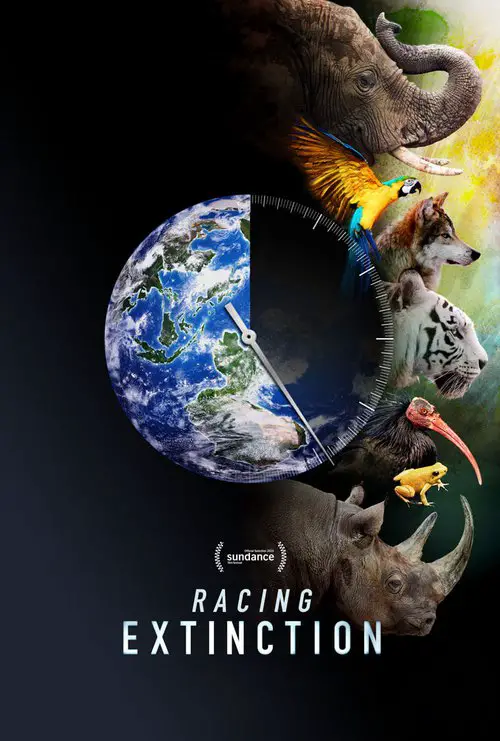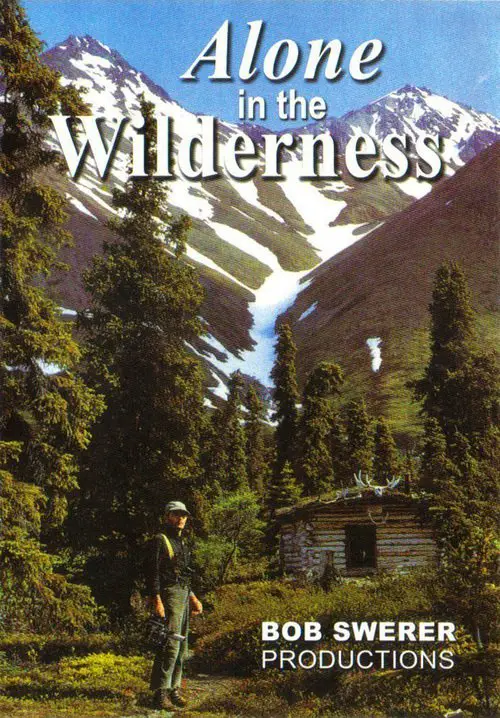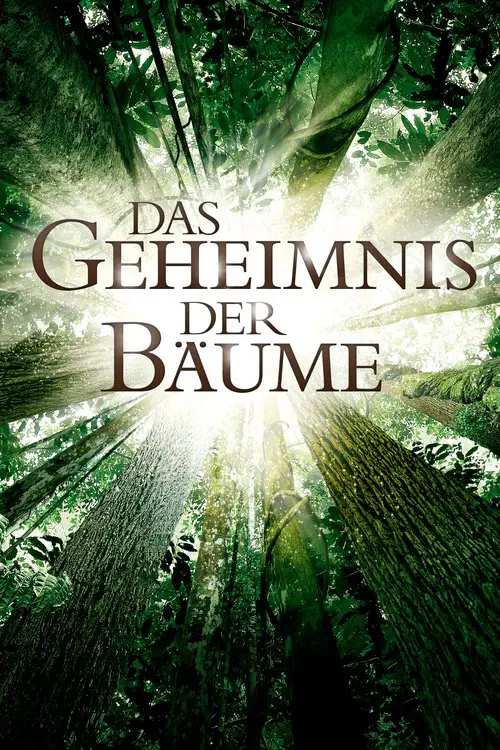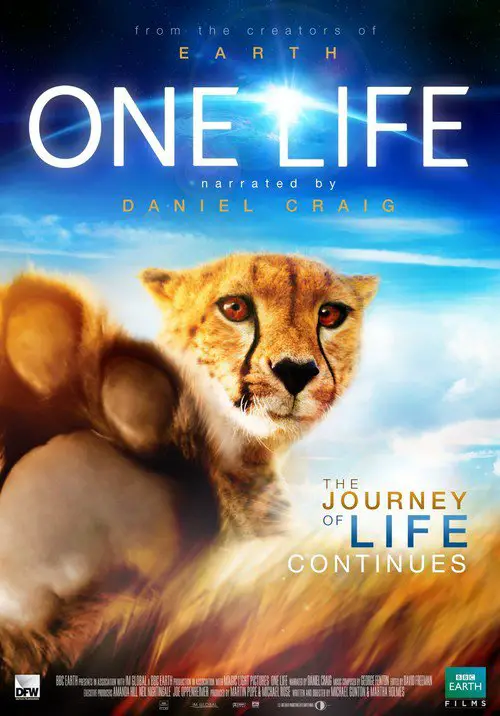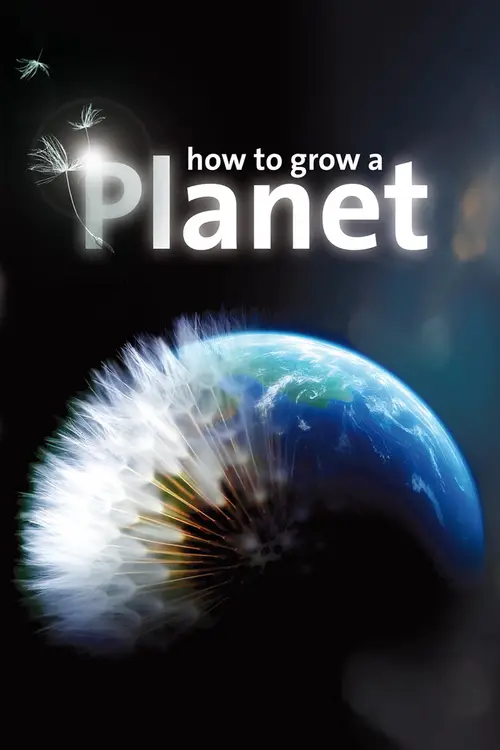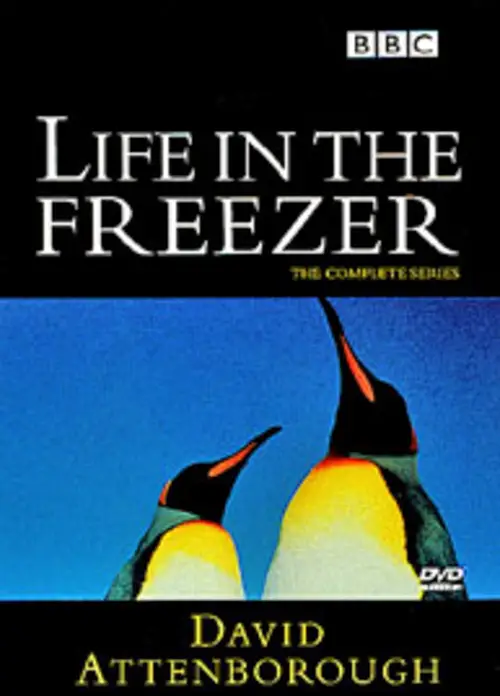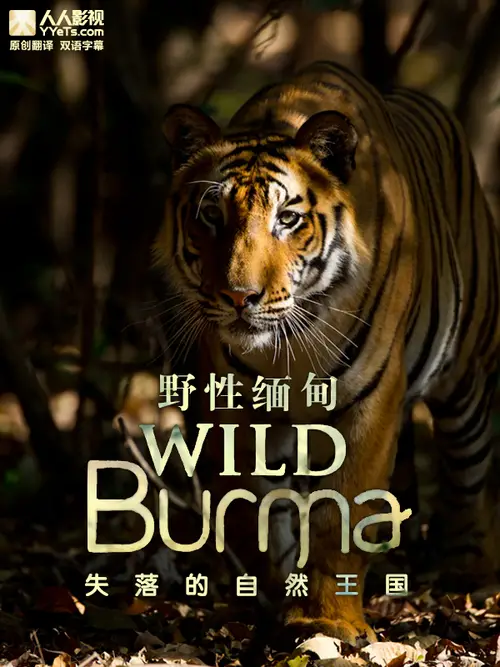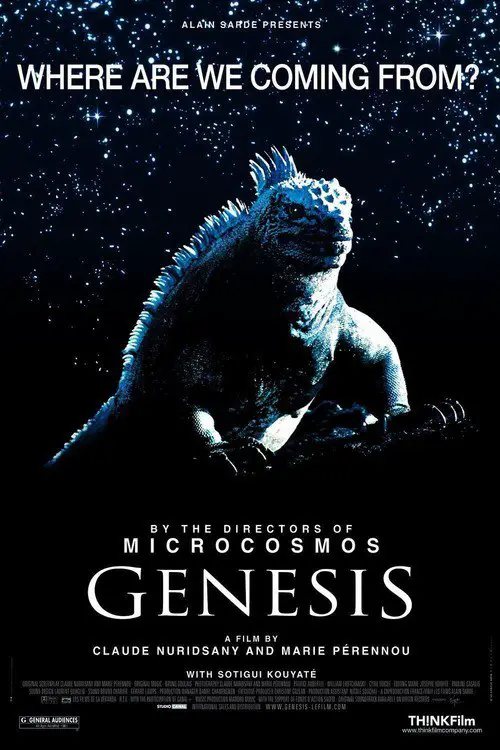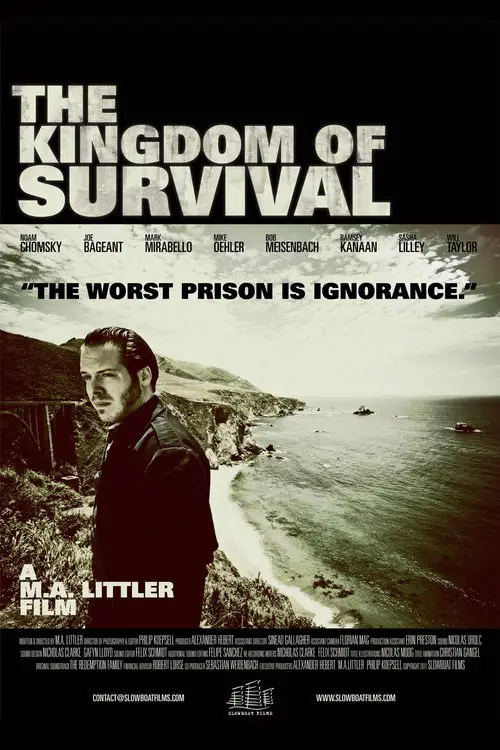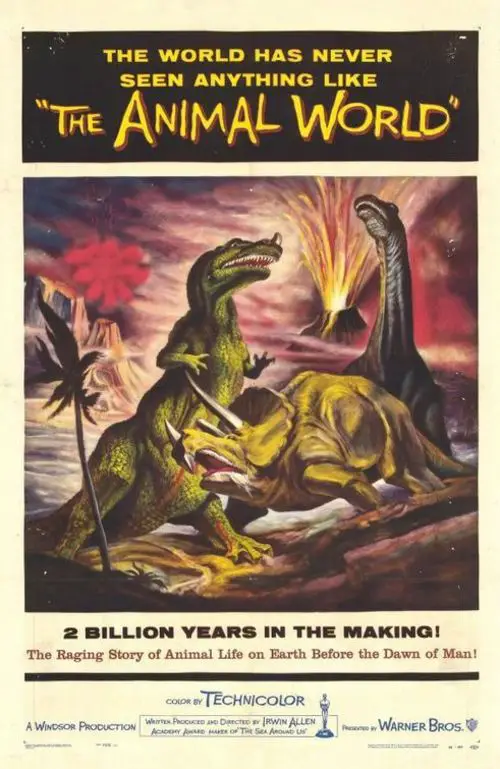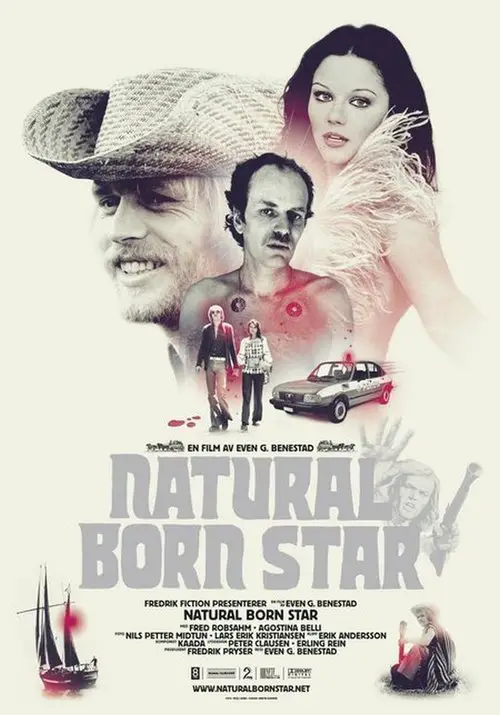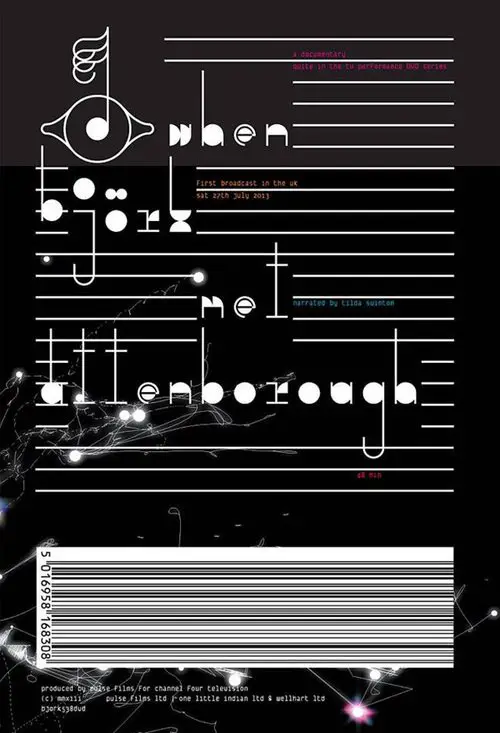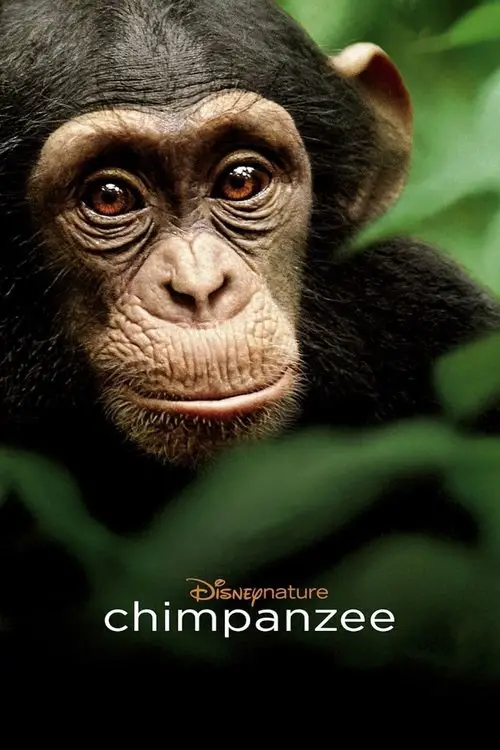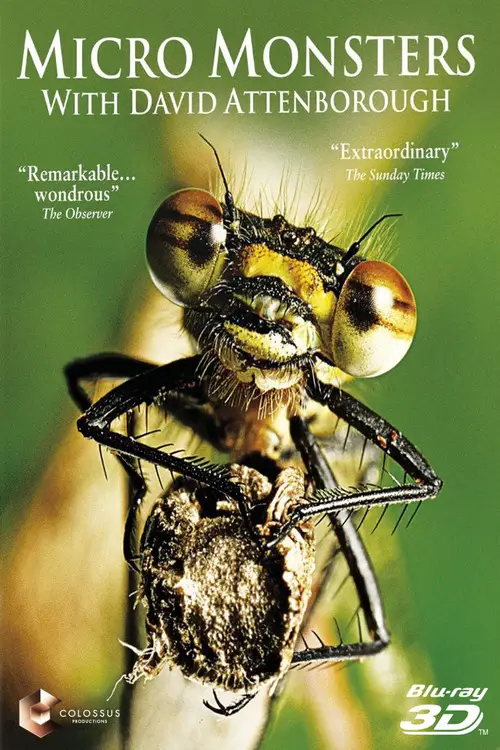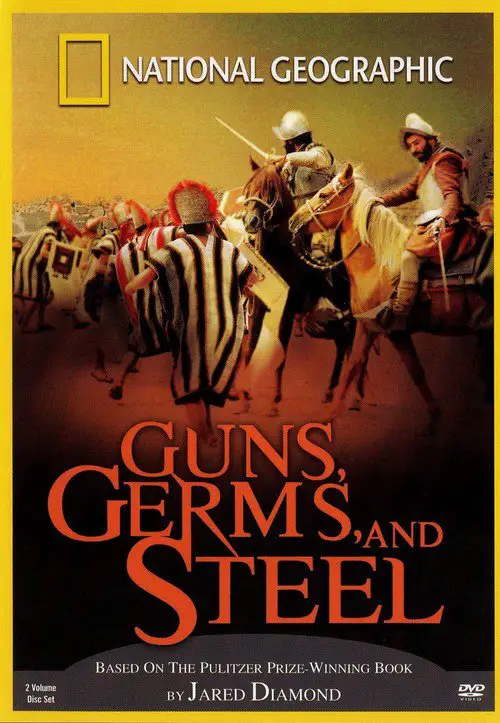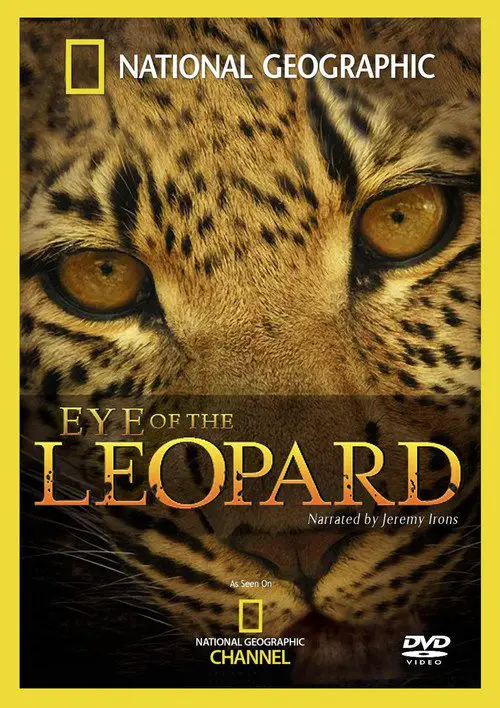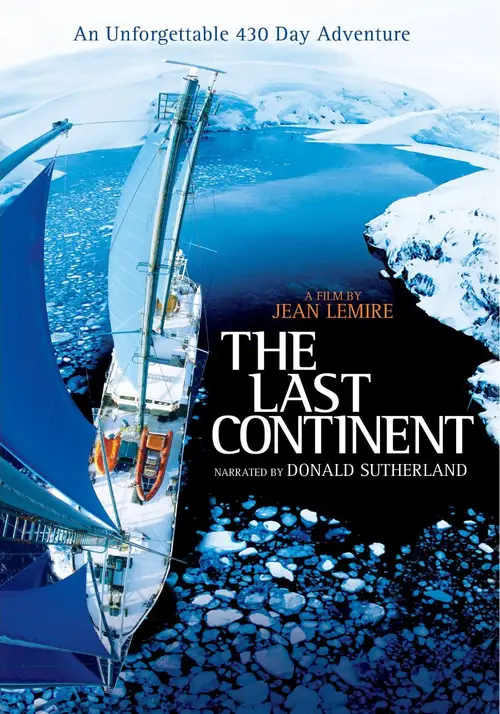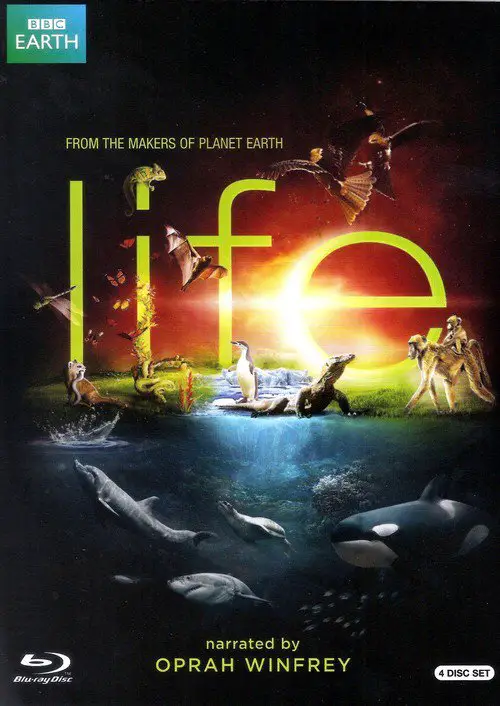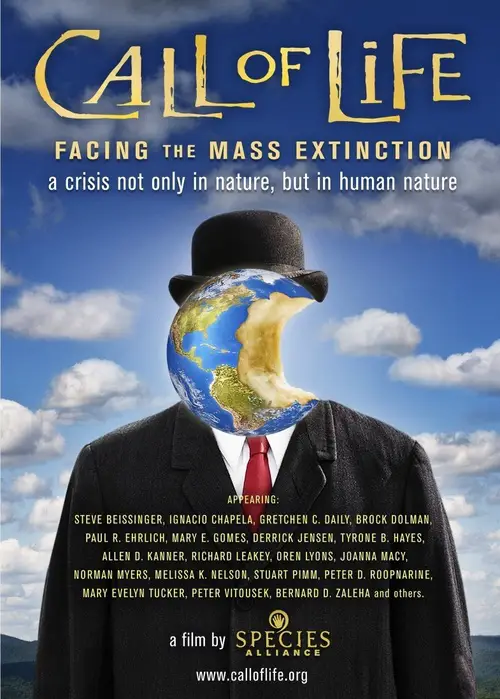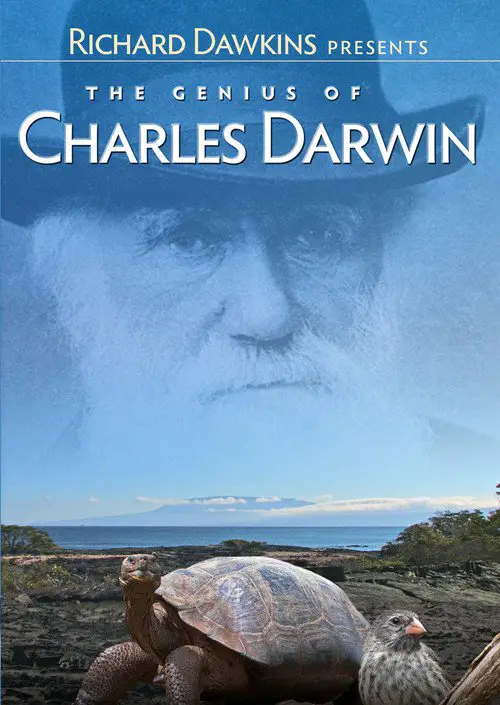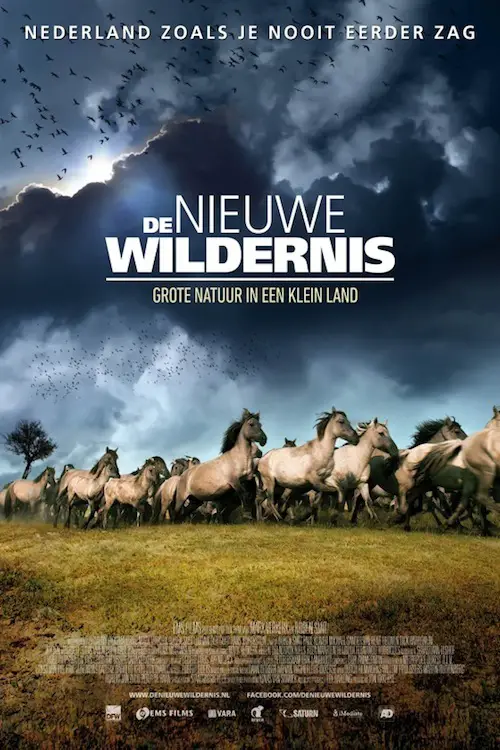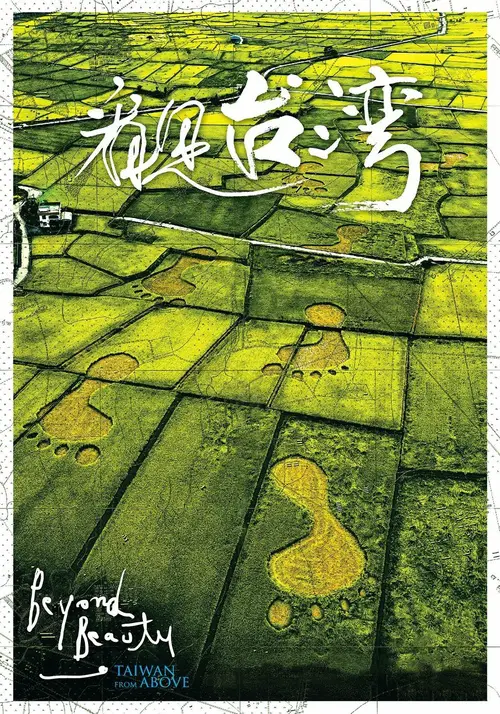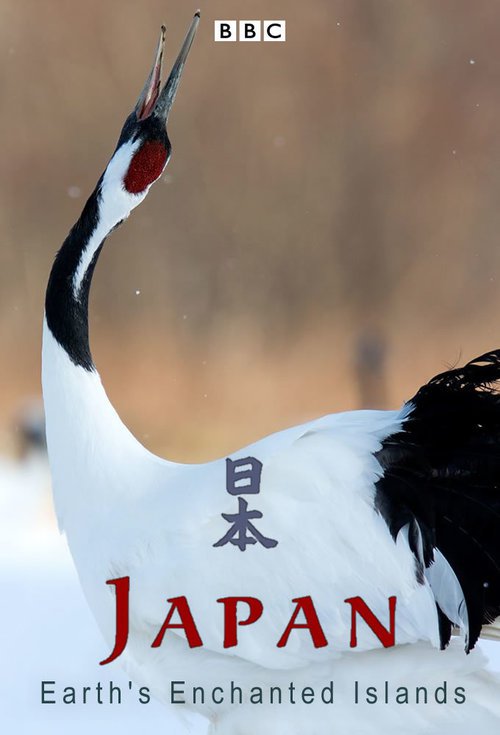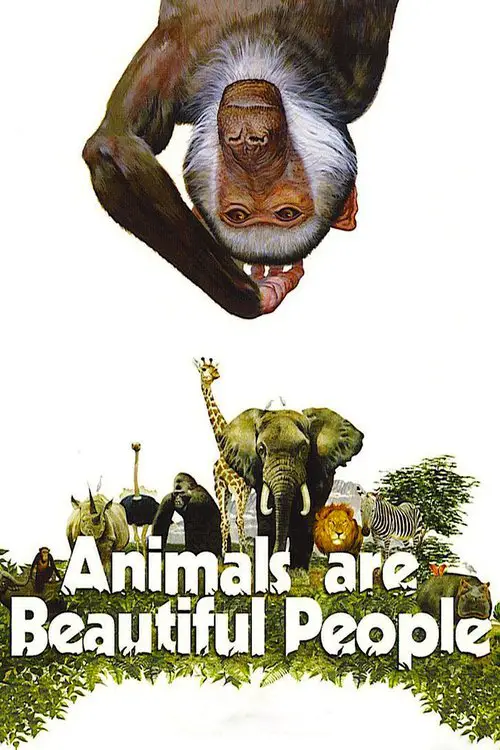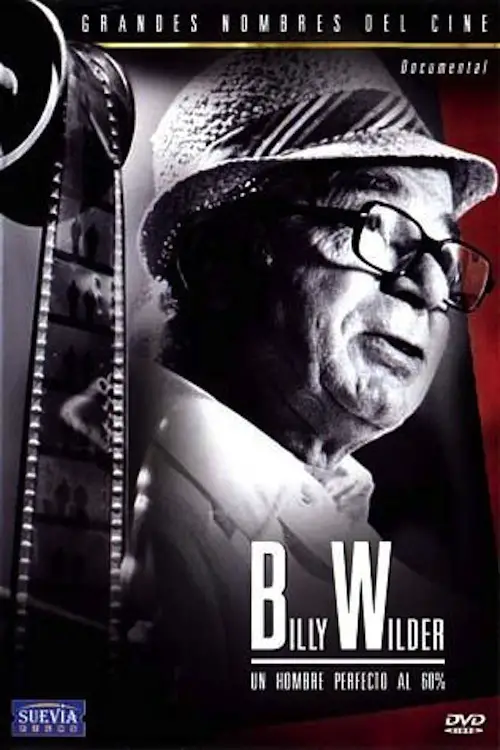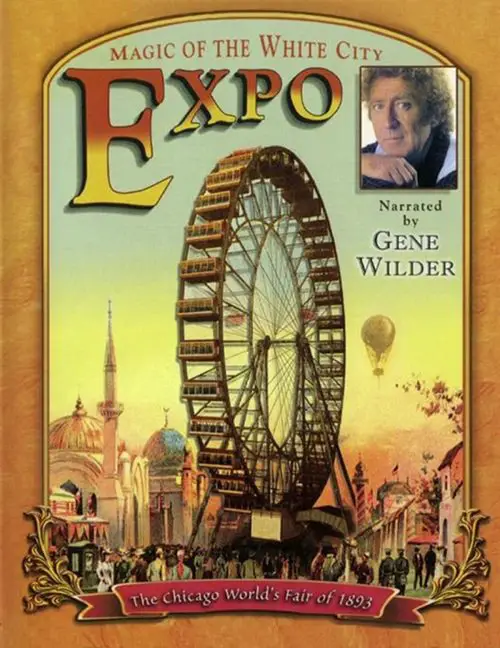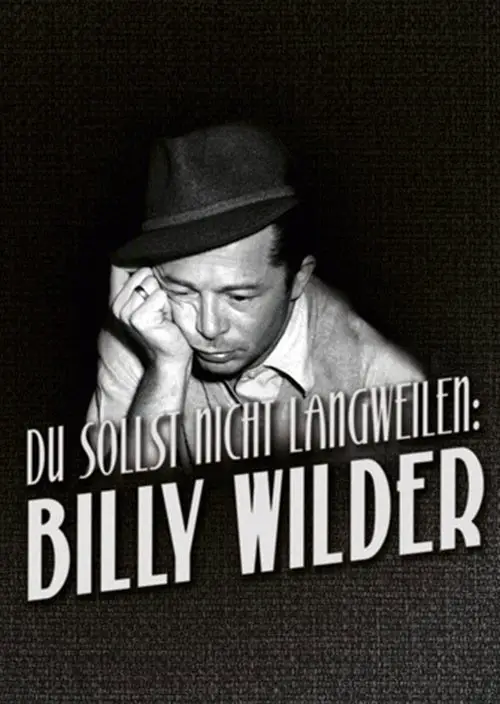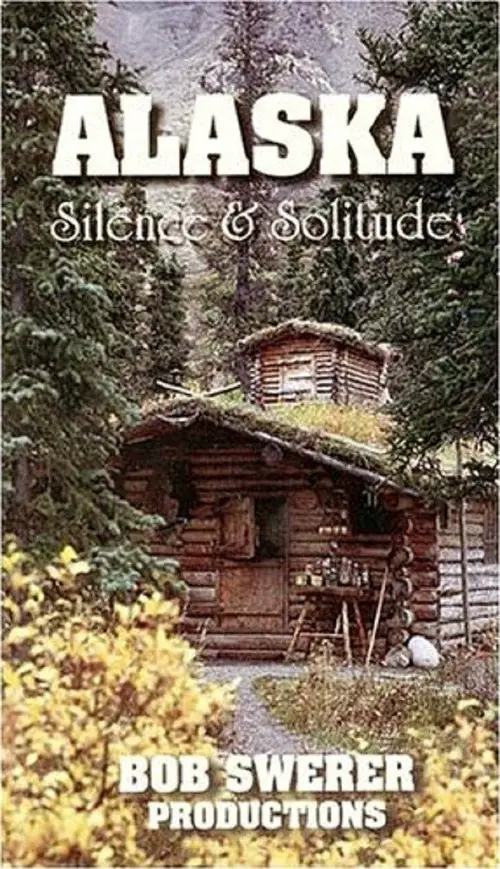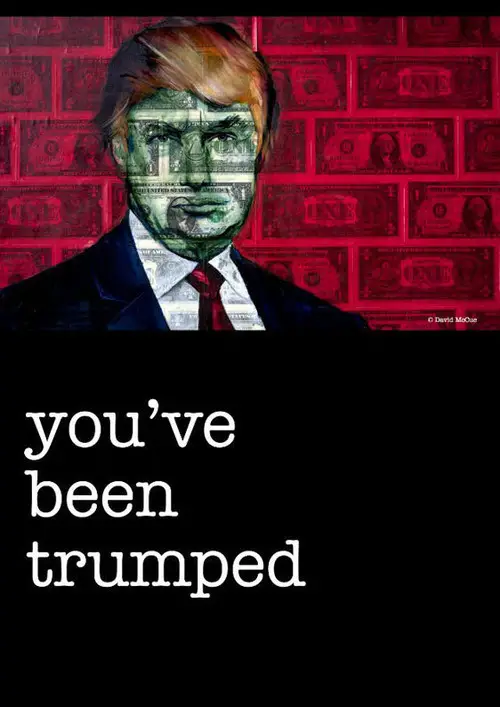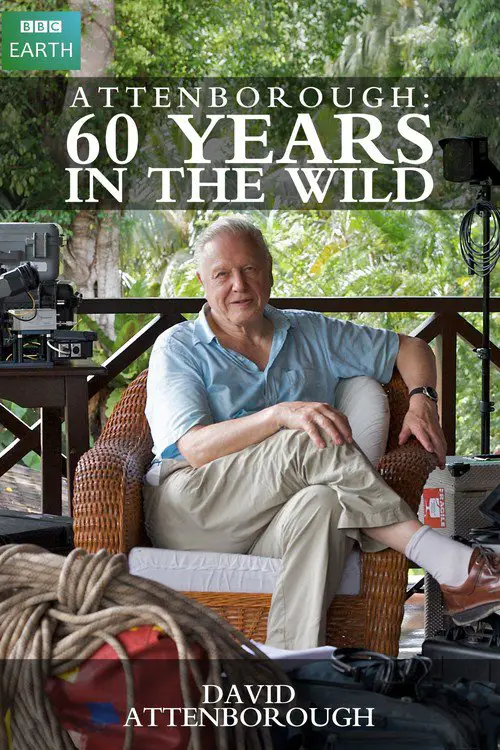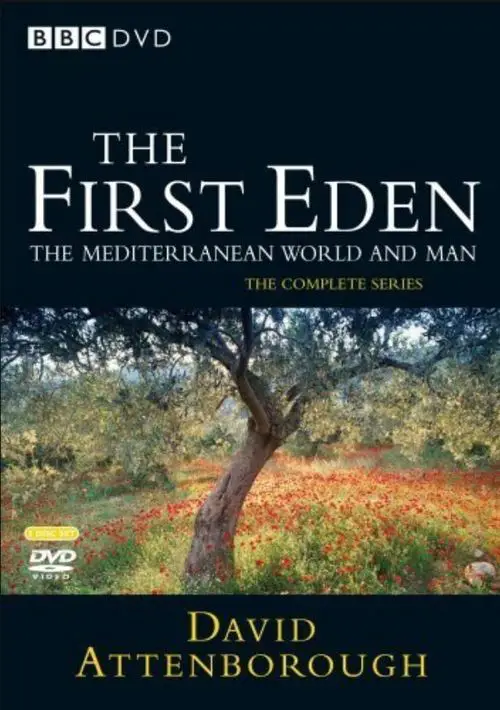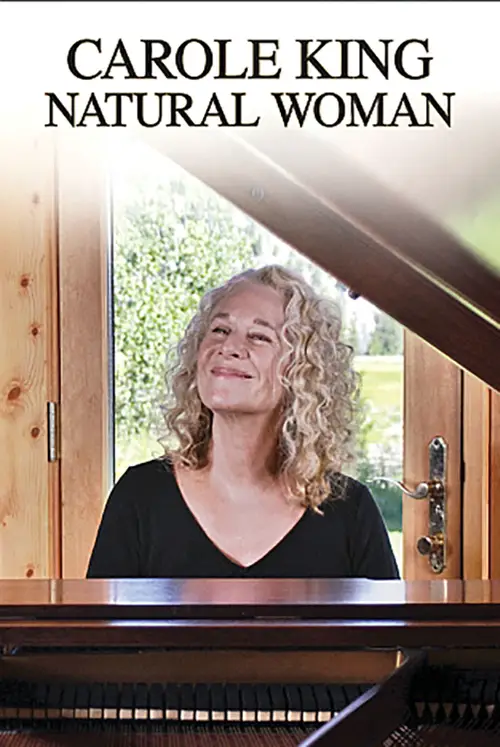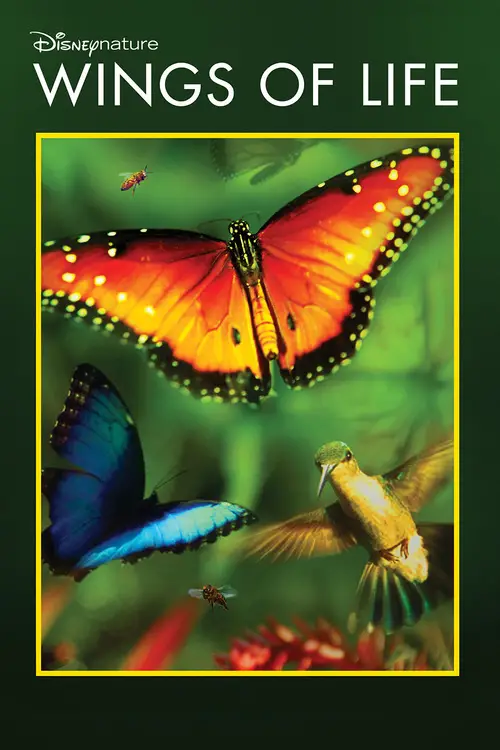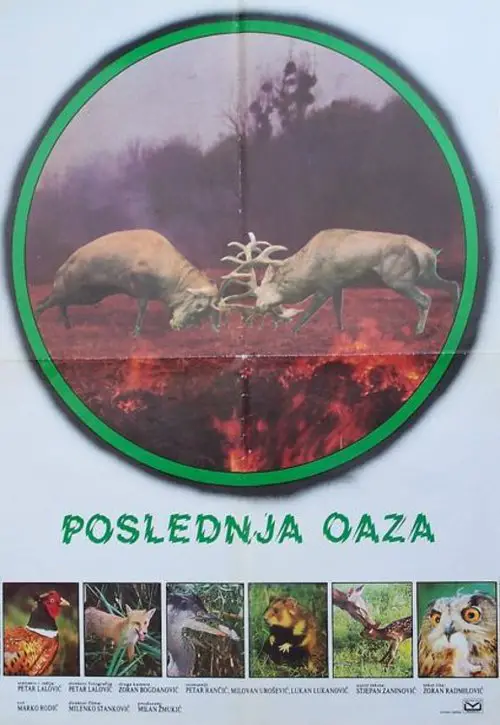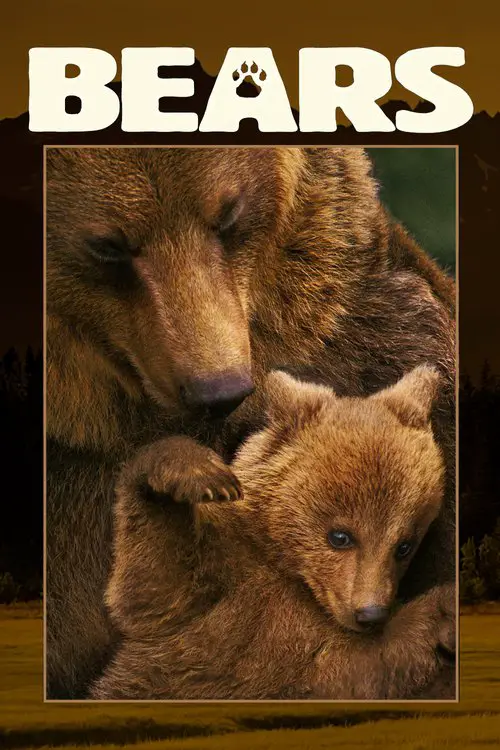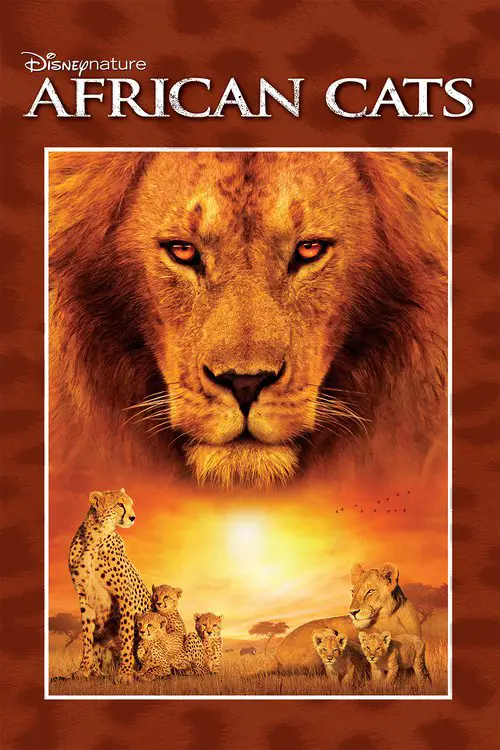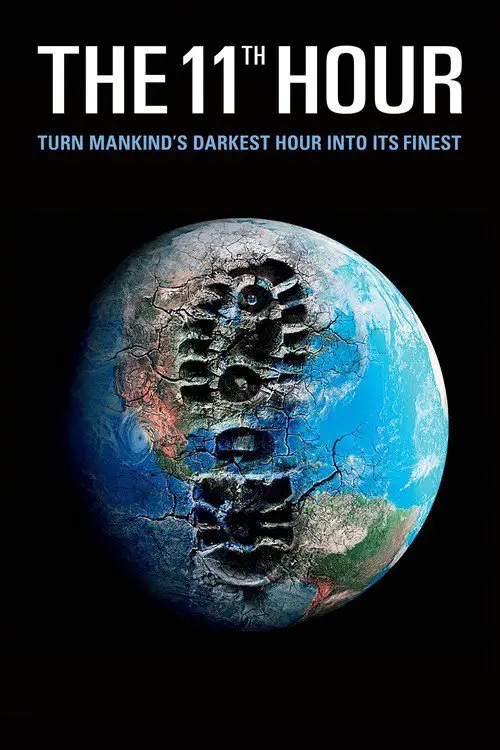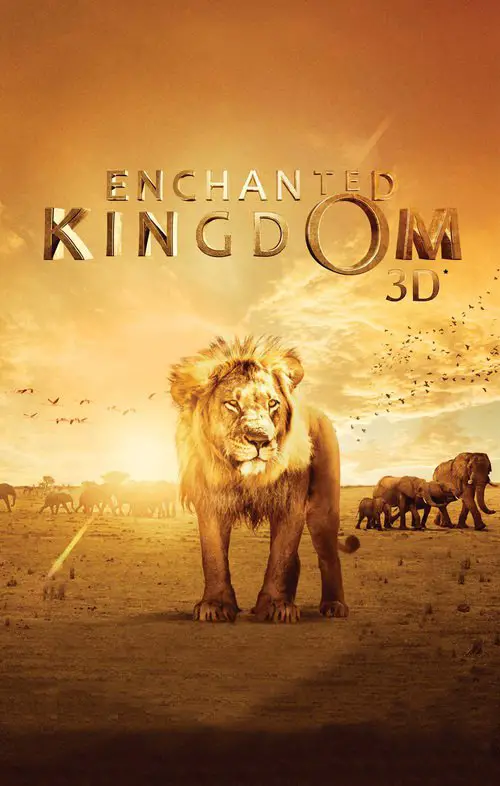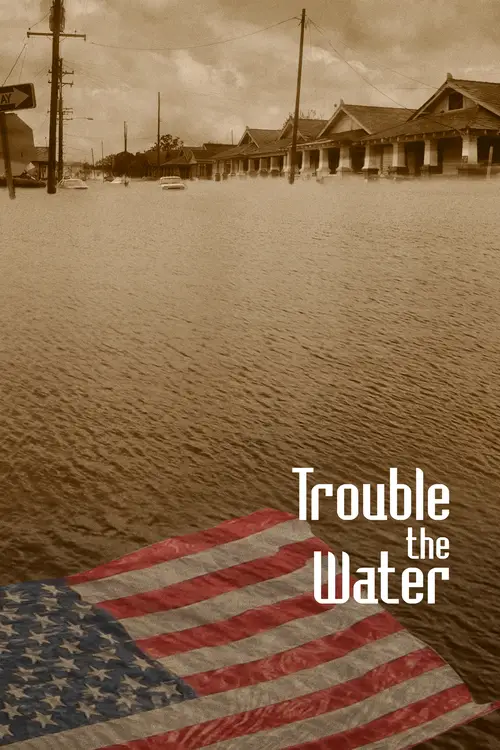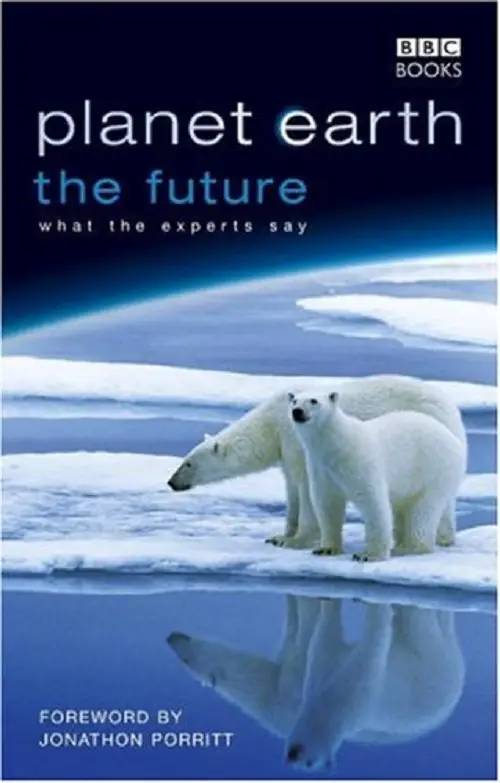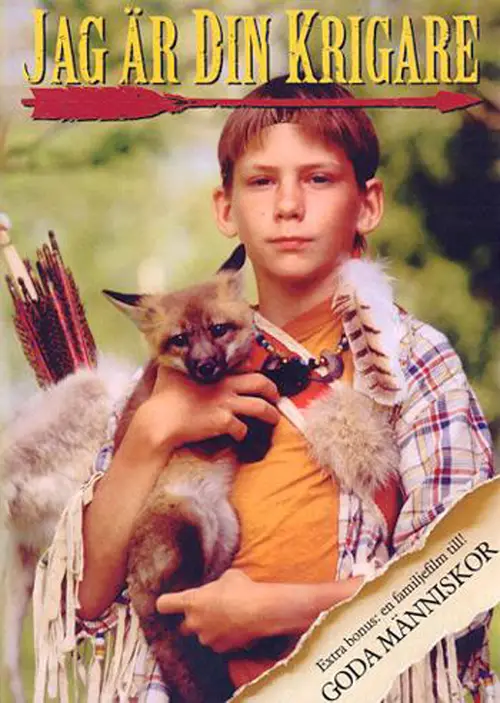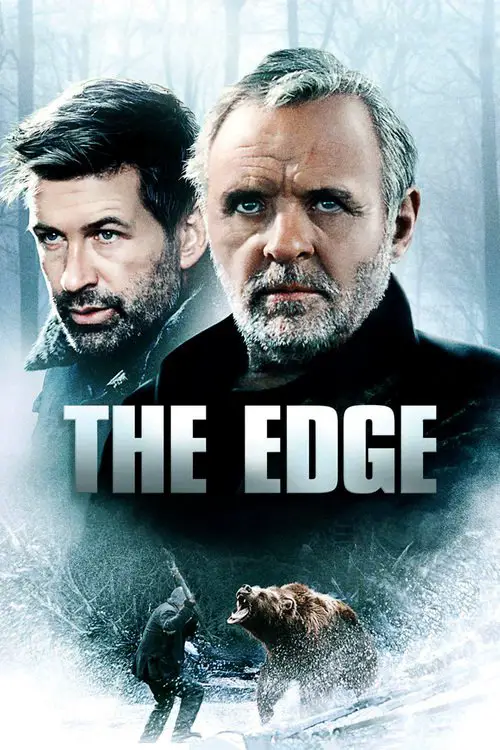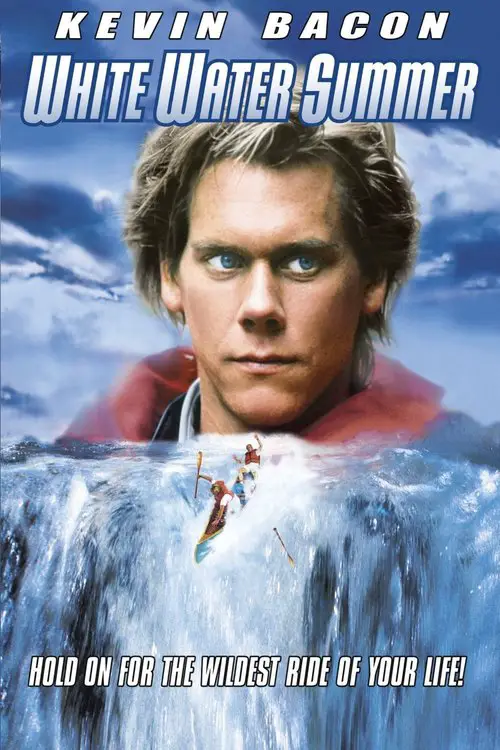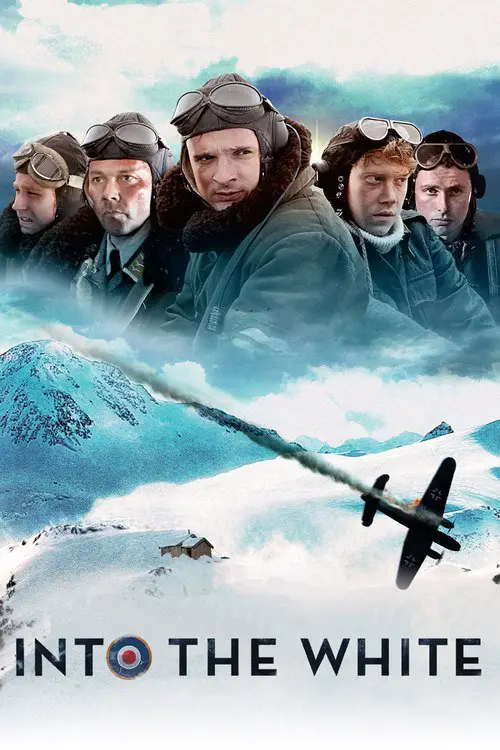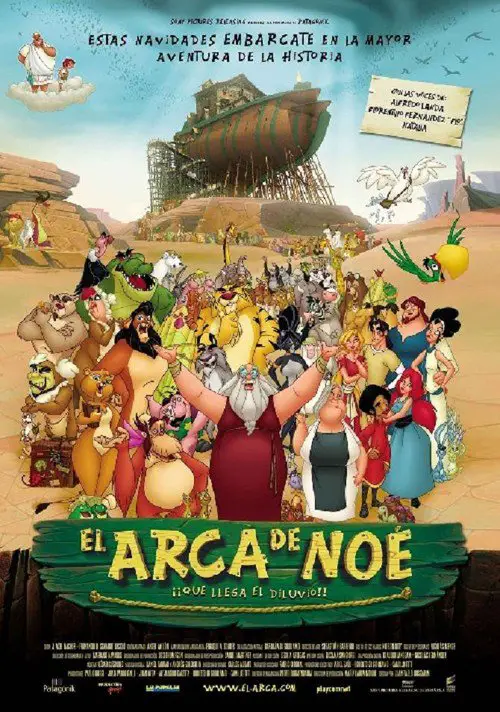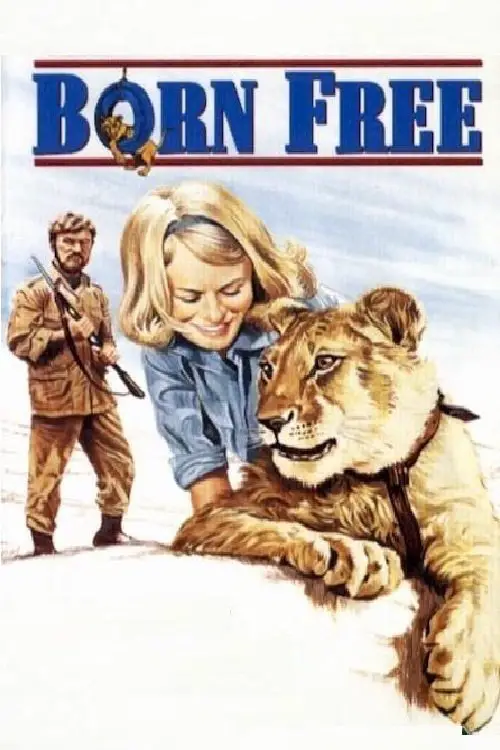The Living Desert (1953)
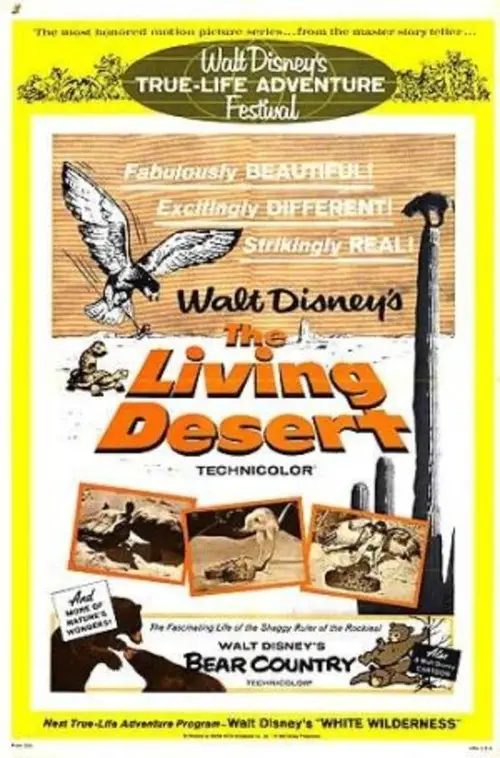
Similar movies
Darwin's great insight â that life has evolved over millions of years by natural selection â has been the cornerstone of all David Attenboroughâs natural history series. In this documentary, he takes us on a deeply personal journey which reflects his own life and the way he came to understand Darwinâs theory.
Regular opening times do not apply as we accompany Sir David Attenborough on an after-hours journey around Londonâs Natural History Museum, one of his favourite haunts. The museum's various exhibits coming to life, including dinosaurs, reptiles and creatures from the ice age. Shot by the same 3D team that worked on Gravity, examines how the animals and creatures at the London museum once roamed the earth.
It is a love story. When the twelve-breasted boar's sow farrows thirteen piglets, not having enough "sucking space" for the thirteenth, she rejects it and for the most part such piglets die. This drama from the world of animals paints the harshness of nature to the unwanted "thirteenth piglet", which we named Gile Baksuz (Gile Bad Luck). The rejected piglet is taken and given shelter by another species - a roe and her fawn...
Starring Norman Winther as Himself, The Last Trapper is a mix of fact & fiction. Norman is not just an admirer of nature, he's a part of it. He survives the harshness of the climate and the wildlife by coexisting with it. With his wife Nebraska (played by May Loo), they live almost entirely off the land, making money by selling their furs.
Dick Proenneke retired at age 50 in 1967 and decided to build his own cabin in the wilderness at the base of the Aleutian Peninsula, in what is now Lake Clark National Park. Using color footage he shot himself, Proenneke traces how he came to this remote area, selected a homestead site and built his log cabin completely by himself. The documentary covers his first year in-country, showing his day-to-day activities and the passing of the seasons as he sought to scratch out a living alone in the wilderness.
Humanityâs ascent is often measured by the speed of progress. But what if progress is actually spiraling us downwards, towards collapse? Ronald Wright, whose best-seller, âA Short History Of Progressâ inspired âSurviving Progressâ, shows how past civilizations were destroyed by âprogress trapsââalluring technologies and belief systems that serve immediate needs, but ransom the future. As pressure on the worldâs resources accelerates and financial elites bankrupt nations, can our globally-entwined civilization escape a final, catastrophic progress trap? With potent images and illuminating insights from thinkers who have probed our genes, our brains, and our social behaviour, this requiem to progress-as-usual also poses a challenge: to prove that making apes smarter isnât an evolutionary dead-end.
With Once Upon a Forest, Luc Jacquet invites the spectator into a never-before-seen world of natural wonder and staggering beauty. âFor the first time, we will be able to watch a rain forest growing before our eyesâ¦Only cinema can offer this unique voyage into a completely untamed universe, a world of perfect balance in which each living thing â from the smallest to the largest â plays an essential role. The film will deliver a complete sensory immersion in the primaeval splendor of one of natureâs richest mysteries, inviting the audience to enter, discover and marvel at a universe of untold treasures while joining its voice to the ever-growing awareness of the need to preserve our world.â
Geologist Ian Stewart explain in three stages of natural history the crucial interaction of our very planet's physiology and its unique wildlife. Biological evolution is largely driven bu adaptation to conditions such as climate, soil and irrigation, but biotopes were also shaped by wildlife changing earth's surface and climate significantly, even disregarding human activity.
The story of a race against time to help preserve the untouched forests of Burma and its wildlife. For the first time in over 50 years, a team of wildlife filmmakers from the BBC's Natural History Unit and scientists from the world renowned Smithsonian Institution has been granted access to venture deep into Burma's impenetrable jungles. Their mission is to discover whether these forests are home to iconic animals, rapidly disappearing from the rest of the world.
The Kingdom of Survival explores modern skepticism in America, challenges the status quo and uncovers provocative links between survivalist philosophy, ecumenical spirituality, radical political theory, and outlaw culture. The audience is invited into a thoughtful conversation with the likes of Prof. Noam Chomsky, Dr. Mark Mirabello, Ramsey Kanaan, and the riveting final interview with beloved author, Joe Bageant. These unique thought leaders cast a rare shadow of doubt over our most blindly accepted American traditions.
Award-winning musician Björk and legendary broadcaster and naturalist Sir David Attenborough have admired each other's work for years but this is the first time they have discussed their mutual love of music and the natural world on screen. In this remarkable documentary, Björk explores our unique relationship with music and discovers how technology might transform the way we engage with it in the future.
In a remote and forgotten wilderness, one of nature's last great mysteries unfolds: the birth, life and death of a million crimson-winged flamingos. Against a dramatic backdrop of never-before filmed landscapes, these secretive birds struggle to survive and prevail over danger and fate. This inspiring story, set in the extraordinary 'otherworld' of Lake Natron in northern Tanzania, the cradle of humankind, reminds us: here on earth is a universe waiting to be discovered.
In 2005, a small group of scientists and filmmakers agreed to leave everything behind for more than a year to sail to the Antarctic and live in isolation. Following in the path of the greatest explorers, expedition leader Jean Lemire and the crew of the Sedna IV dedicated themselves completely to measuring the threat posed by global warming in a place where Earth is particularly vulnerable. The resulting film, is a record of their incredible 430-day journey that inspires equal measures of fear and admiration. Alternating between captivating images of beauty and serenity, and spine-tingling sequences where the ship's crew finds itself on the edge of catastrophe, this is an expedition where danger and wonder are inextricably linked.
David Attenborough's legendary BBC crew explains and shows wildlife all over planet earth in this 10-episode miniseries. The first is an overview the challenges facing life, the others are dedicated to hunting, the deep sea and various major evolutionary groups of creatures: plants, primates and other large sections of other vertebrates and invertebrates.
The first feature-length documentary film to fully investigate the growing threat to Earth's life-support systems from the loss of biodiversity. If current trends continue, scientists warn that half or more of all plant and animal species on Earth will become extinct within the next few decades. Call of Life investigates the scope, the causes, and the predicted effects of this unprecedented loss of life, but also looks deeper, at the ways in which both culture and psychology have helped to create and perpetuate the situation. The film not only tells the story of a crisis in nature, but also in human nature, a crisis more complex and threatening than anything human beings have ever faced before.
A documentary series from Channel 4, hosted by professor Richard Dawkins, well-known darwinist. The series mixes segments on the life and discoveries of Charles Darwin, the theory of natural selection and evolution, and Dawkins' attempts at convincing a group of school children that evolution explains the world around us better than any religion.
The movie De Nieuwe Wildernis is set in the Oostvaardersplassen, a nature reserve of high standard in the Netherlands. The reserve has been developed in a location that 40 years ago was under sea level in one of the most densely populated countries in the world. Nowadays, its the stage for a unique nature show: the nature determines the rhythm. EMS Films was the first with exclusive rights to shoot footage during all four seasons in the Oostvaardersplassen. The team of "De Nieuwe Wildernis" filmed in the Oostvaardersplassen over a period of two years. The result is a nature film never seen in The Netherlands before. It is a nature spectacle! The film features Konik horses, Red Deer, Foxes and Heck cattle, just to name a few, battling for new territories and survival.
In Japanâs crowded archipelago, there are still places where nature thrives â and Japan has a surprisingly vast range of landscapes, from the far north, where sea eagles walk on frozen seas, to subtropical southern islands, with coral reefs and volcanoes, and the central islands, with forested mountains, home to bears and monkeys. This series explores how life survives across these islands, and how humans and wildlife have found ways to live alongside the forces of nature and embrace them in quintessential ways.
Werner Herzogâs documentary film about the âGrizzly Manâ Timothy Treadwell and what the thirteen summers in a National Park in Alaska were like in one manâs attempt to protect the grizzly bears. The film is full of unique images and a look into the spirit of a man who sacrificed himself for nature.
Narrated by Gene Wilder brings the Chicago World's Fair to life. Experience the world of 1893 through a cinematic visit to Chicago's Columbian Exposition. Many of the world's greatest achievements in science, technology and culture are unveiled there. In addition, fairgoers enjoy the popular and commercially successful Midway Plaisance where the festive atmosphere of this one-mile entertainment center offers an array of guilty pleasures such as belly dancing, street fighting and beer. Nearly 28 million visit the Fair. Dubbed the "White City," it inspires future innovators like Henry Ford and Frank Lloyd Wright, debuts the Ferris Wheel and Cracker Jack, and, in many ways, marks the beginning of the 20th century. Filmed in High-Definition, "EXPO - Magic of the White City" immerses viewers in one of the world's biggest extravaganzas and one of the most unforgettable.
Venture into the remote wilderness of Alaska to experience the spectacular scenery, encounter bull moose, caribou, dahl sheep, grizzly bear, and meet Dick Proenneke who has lived by himself in this "one man wilderness" for over 30 years. For those who dream of a true wilderness experience in the wilds of Alaska, this video is the next best thing to being there.
Weaving previously unseen and rare performances and home movies with a new, exclusive interview with King, American Masters â Carole King: Natural Woman delves into her life and career. New interviews with friends and colleagues, including fellow songwriters Barry Mann and Cynthia Weil, Tapestry producer Lou Adler, drummer Russ Kunkel, guitarist Danny âKootchâ Kortchmar, daughter and manager Sherry Goffin Kondor, lyricists Toni Stern and Carole Bayer Sager, and former manager Peter Asher, complete the biographical tapestry.
A beautiful love story in danger. Our future depends on an amazing love story between the flowers and fauna consisting of bees, butterflies, birds and bats, which allow these species to reproduce. Delicate and graceful, the flowers are not content to be the ultimate symbol of beauty. On the contrary, their vibrant colors and their exotic flavors are so many wonders that attract pollinators and drunk with desire. All these animals are involved in a complex dance of seduction on which one third of our crops, a dance without which we could survive ... Pollen presents the unsung heroes of the global food chain. Their fantastic worlds are full of stories, drama and beauty. While a fragile and threatened, essential for the balance of the planet, it should now actively protect ...
African Cats captures the real-life love, humor and determination of the majestic kings of the savanna. The story features Mara, an endearing lion cub who strives to grow up with her motherâs strength, spirit and wisdom; Sita, a fearless cheetah and single mother of five mischievous newborns; and Fang, a proud leader of the pride who must defend his family from a once banished lion.
A look at the state of the global environment including visionary and practical solutions for restoring the planet's ecosystems. Featuring ongoing dialogues of experts from all over the world, including former Soviet Prime Minister Mikhail Gorbachev, renowned scientist Stephen Hawking, former head of the CIA R. James Woolse
An extraordinary, spell-binding journey through the realms of nature to discover that the natural world is stranger, more magical, more mystical than anything you could possibly imagine. You'll be propelled from enchanted forests to the edge of the underworld, from a paranormal planet into fantastical seas, from celestial mountains through mercurial waters, finally to experience the ultimate celebration of nature's magic, the greatest gathering of wildlife on Earth. You won't believe your eyes or ears as you meet amazing creatures and experience nature as it's never been seen before, eye-to-eye with the creatures, on an adventure where you will truly believe the real world is more extraordinary and awe-inspiring than any fiction.
"Trouble the Water" takes you inside Hurricane Katrina in a way never before seen on screen. The film opens the day before the storm makes landfall--just blocks away from the French Quarter but far from the New Orleans that most tourists knew. Kimberly Rivers Roberts, an aspiring rap artist, is turning her new video camera on herself and her Ninth Ward neighbors trapped in the city. Weaving an insider's view of Katrina with a mix of verité and in-your-face filmmaking, it is a redemptive tale of self-described street hustlers who become heroes--two unforgettable people who survive the storm and then seize a chance for a new beginning.
Planet Earth: The Future is a 2006 BBC documentary miniseries on the environment and conservation, produced by the BBC Natural History Unit as a companion to the multi-award winning nature documentary Planet Earth. The programmes were originally broadcast on BBC Four immediately after the final three episodes of Planet Earth on BBC One. Each episode highlights the conservation issues surrounding some of the species and environments featured in Planet Earth, using interviews with the film-makers and eminent figures from the fields of science, conservation, politics, and theology. The programmes are narrated by Simon Poland and the series producer was Fergus Beeley.
IN THE SHADOW OF THE MOON combines archival material from the original NASA film footage, much of it never before seen, with interviews with the surviving astronauts, including Jim Lovell, Dave Scott, John Young, Gene Cernan, Mike Collins, Buzz Aldrin, Alan Bean, Edgar Mitchell, Charlie Duke and Harrison Schmitt. The astronauts emerge as eloquent, witty, emotional and very human.
Jason Crockett is an aging, grumpy, physically disabled millionaire who invites his family to his island estate for his birthday celebration. Pickett Smith is a free-lance photographer who is doing a pollution layout for an ecology magazine. Jason Crockett hates nature, poisoning anything that crawls on his property. On the night of his birthday the frogs and other members of nature begin to pay Crockett back.
The plane carrying wealthy Charles Morse crashes down in the Alaskan wilderness. Together with the two other passengers, photographer Robert and assistant Stephen, Charles devises a plan to help them reach civilization. However, his biggest obstacle might not be the elements, or even the Kodiak bear stalking them -- it could be Robert, whom Charles suspects is having an affair with his wife and would not mind seeing him dead.
A representative of an alien race that went through drastic evolution to survive its own climate change, Klaatu comes to Earth to assess whether humanity can prevent the environmental damage they have inflicted on their own planet. When barred from speaking to the United Nations, he decides humankind shall be exterminated so the planet can survive.
An experienced guide (Vic) accompanies a city boy (Alan) and his three friends on their first wilderness experience. Hoping to teach the four boys lessons not only about the wilderness, but about themselves, Vic pushes them to the limit. Soon after alienating the boys, Vic finds himself in desperate need of help and must rely on his students in order to survive.
Based on actual accounts, The Untold is the story of Harlan Knowles, billionaire and President of Bio-Comp Industries who heads up a team of experts in a quest to locate a company plane that disappeared over the remote forests of the Pacific Northwest. Knowles is obsessed with finding the plane and rescuing his daughter, who was one of its passengers. The assembled team includes local guide Clayton Tyne, renowned wilderness expert and author Winston Burg and the beautiful Marla Lawson. Soon, the team begins to suspect that Knowles' main objective is actually to recover the prototype of a DNA testing machine called the Huxley Project, which his company has spent years and millions of dollars developing.
Into the White is an anti-war movie. High above the harsh Norwegian wilderness, English and German pilots shoot each other to the ground after a violent chance encounter. Isolated, they must fight to survive the brutal winter. Though war has made them enemies, antagonism is hard to maintain as days go by. Through mutual need, unlikely friendships bloom. Somehow, they become comrades. War, after all, is absurd.
© Valossa 2015–2026
| Privacy Policy

